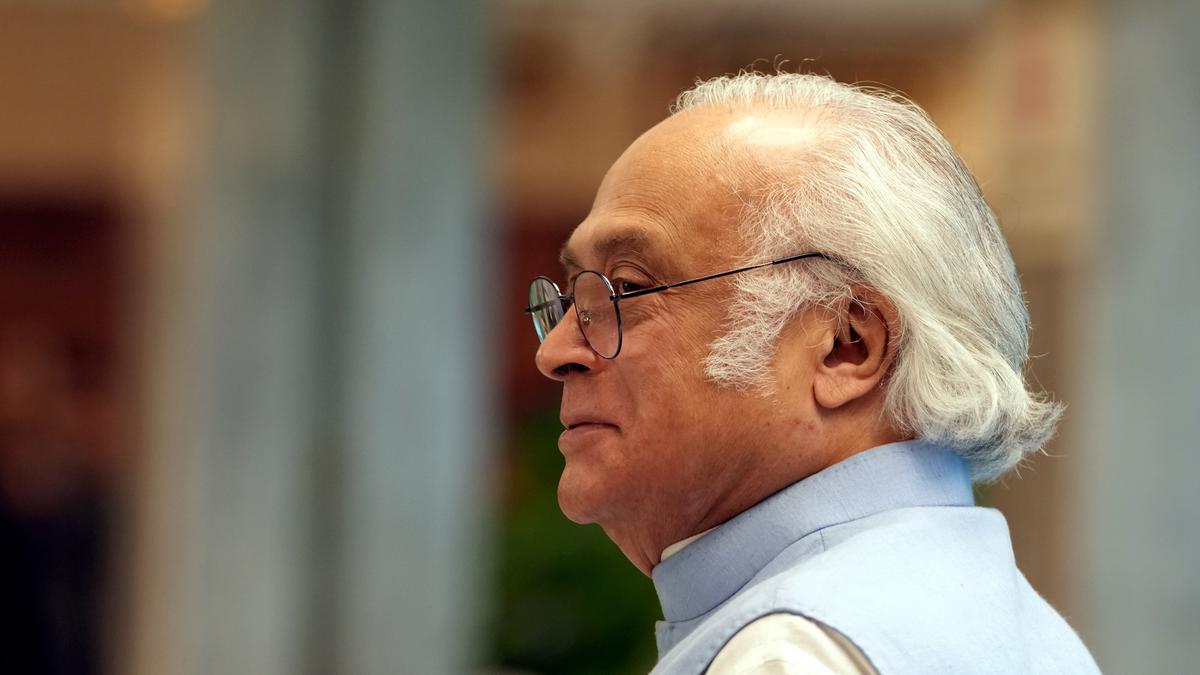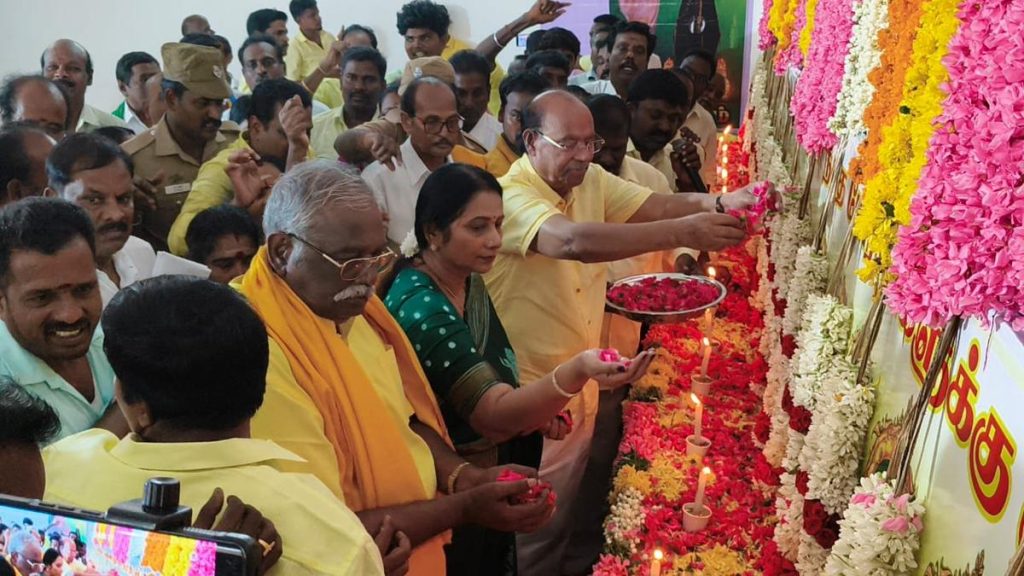Now Reading: Jairam Ramesh Counters Centre’s Response on Dhirauli Coal Mine Debate
-
01
Jairam Ramesh Counters Centre’s Response on Dhirauli Coal Mine Debate
Jairam Ramesh Counters Centre’s Response on Dhirauli Coal Mine Debate

Speedy Summary
- Congress leader Jairam Ramesh accused the Modi government of irregularities in approving Adani GroupS Dhirauli coal mining project in Madhya Pradesh.
- Ramesh cited a 2023 Lok Sabha response from the coal Ministry claiming the mining area falls under a Fifth Schedule-protected region, contradicting claims by the Environment Ministry.
- The Ministry of Environment, Forests & climate Change denied allegations, stating legal processes were followed and approvals were granted as required.
- Ramesh noted unsettled forest rights for tribal groups across eight villages affected by the project. He argued community and habitat rights must first be resolved as per the Forest Rights Act (FRA), 2006.
- Madhya Pradesh government refuted charges, stating all necessary procedures-including public hearings and Gram Sabha approval-were completed. Compensation to locals is underway for ₹18 crore to 49 patta owners.
- Adani Power recently announced clearance from India’s Coal Ministry to commence operations at Dhirauli.
Indian Opinion Analysis
The allegations against Adani Group’s Dhirauli coal project highlight larger issues surrounding land governance and tribal rights in India. While official bodies such as MOEF&CC and Madhya Pradesh government assert adherence to procedure, Jairam Ramesh’s claims point to possible oversights regarding constitutional protections (Fifth Schedule) and Forest Rights Act compliance.
The implications for India are two-fold: first, any mismanagement or disregard for tribal rights could set concerning precedents for future resource projects; second, these disputes underscore tensions between economic growth goals and safeguarding vulnerable communities’ constitutional protections. Ensuring visibility into legal due diligence may be crucial in winning public trust over such high-stakes projects without undermining environmental or indigenous considerations.
























